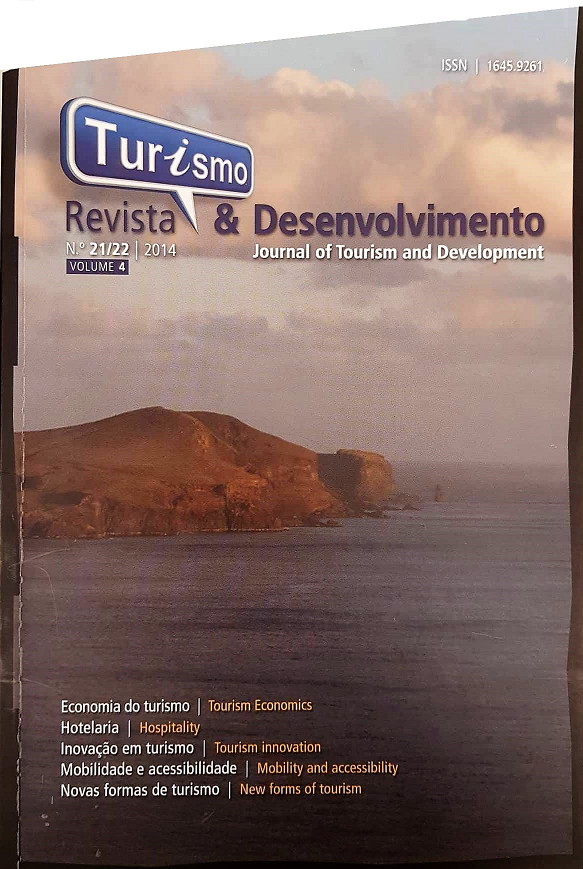A new approach to assess the ecotourism potential in protected areas: the case study of Peneda-Gerês National Park
Resumo
A maioria da investigação em ecoturismo tem-se focado apenas nos seus impactos nas comunidades rurais ou no ambiente, com muito poucos a combinar variáveis biológicas, ecológicas e culturais. Precisamente pela necessidade de desenvolver novas abordagens que compreendam tanto a conservação da biodiversidade como o desenvolvimento das comunidades rurais, foi aqui desenvolvida uma metodologia para avaliar o potencial ecoturístico de cinco trilhos pedestres, tanto espacial como temporalmente, no Parque Nacional Peneda-Gerês. Combinaram-se oito critérios diferentes para obter o potencial ecoturístico desses trilhos, que foram avaliados nas quatro estações anuais. Os resultados permitiram inferir que uns apresentam um potencial maior para o desenvolvimento de atividades de recreio do que outros. Numa análise temporal, todas as estações demonstraram um elevado potencial para o desenvolvimento de tais atividades. Estes dados permitem gerir eficientemente os turistas e os seus impactos na vida selvagem e melhorar a economia local. Esta nova metodologia contribuirá para o principal objetivo do ecoturismo, o desenvolvimento sustentável.





